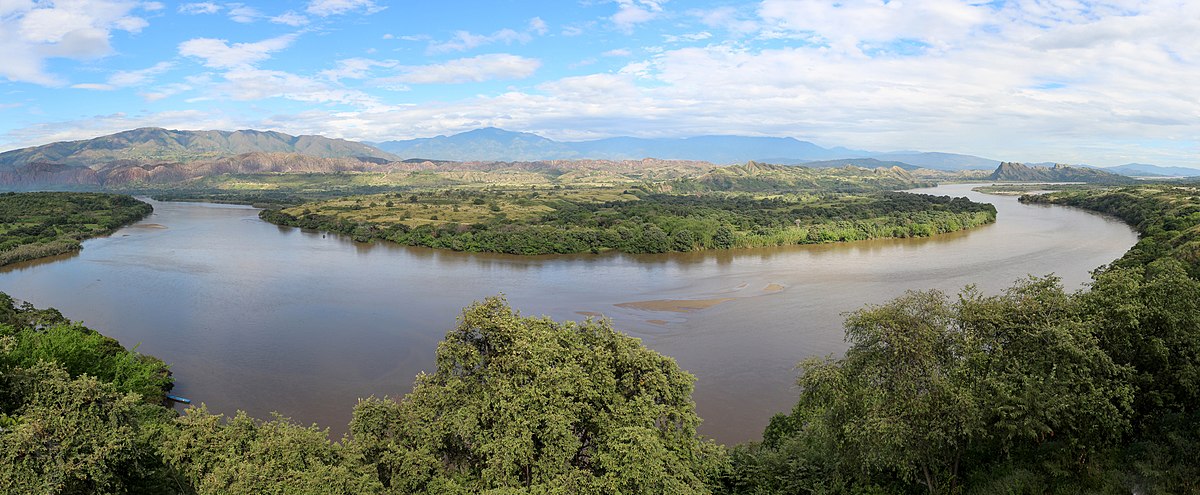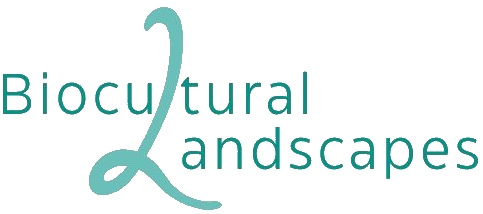Youth, Land, Territory
A major current focus of the biocultural landscapes lab is the role of youth as the next generation of land managers and environmental stewards in community-based settings.
Within this topic, we are interested in looking at how local, Indigenous, and traditional communities self-organize to manage their shared resources and territories, in the context of demographic, cultural, and environmental change.
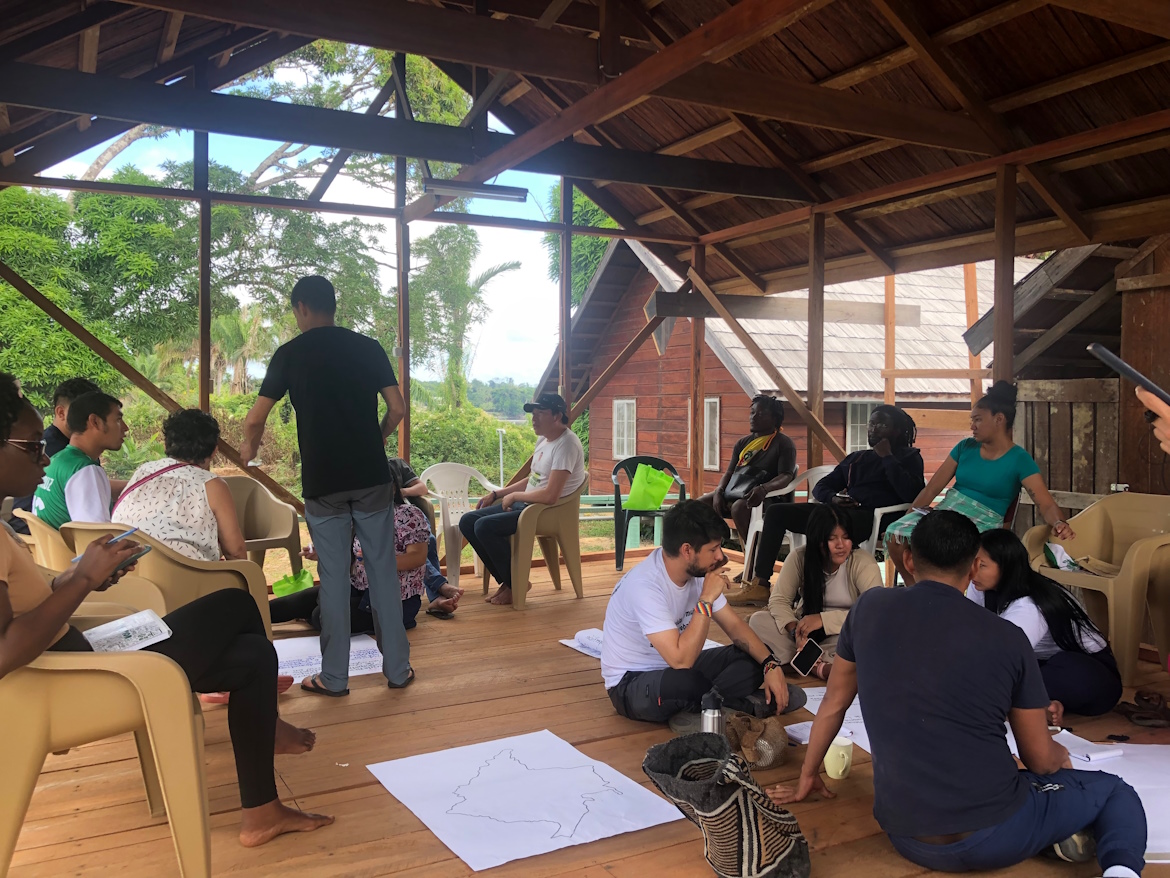
Jim is collaborating with Tropenbos International and the Instituto Boliviano de Investigación Forestal on the Youth it or Lose it program to support youth engagement and empowerment in Indigenous and Afro-descendant communities in the Amazon Region. Read the Youth it or Lose it Manifesto developed by youth from Bolivia, Suriname, and Colombia, who have been working together since 2023.
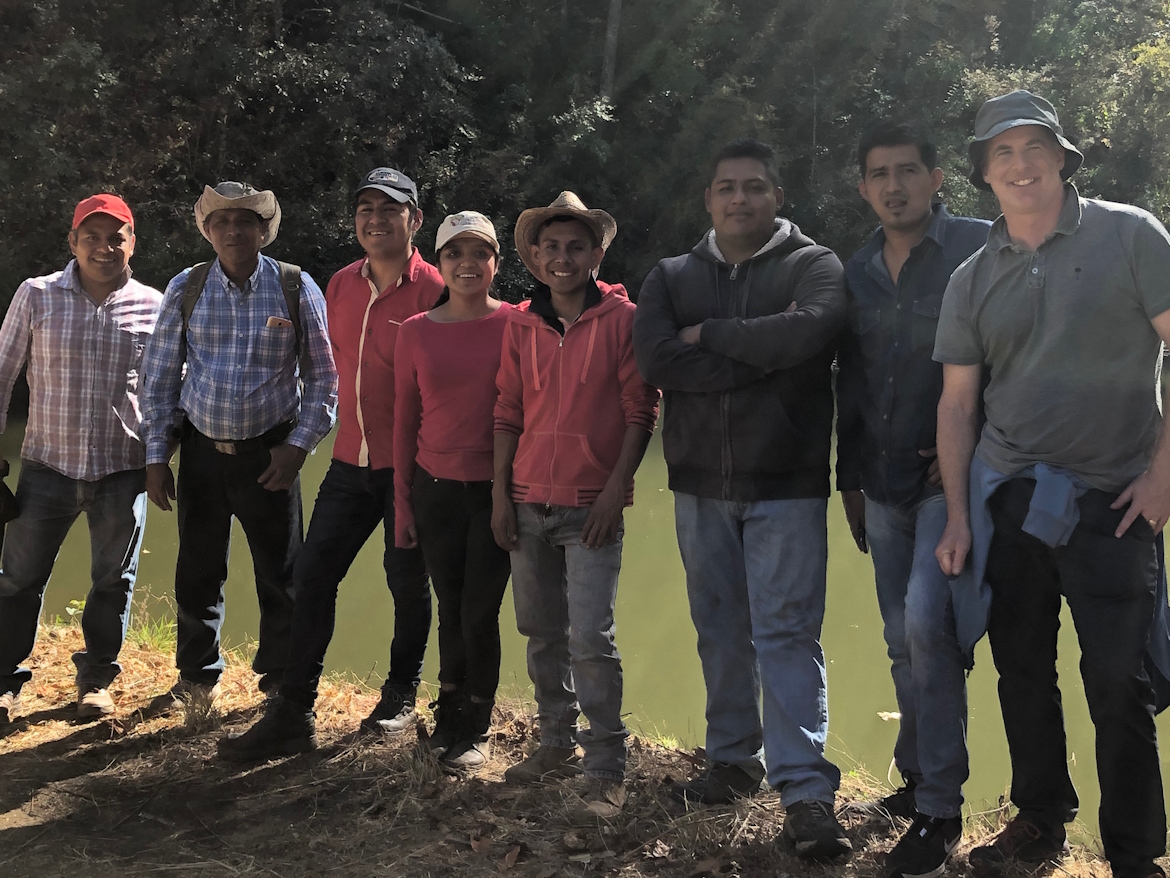
As part of the Future of Forest Work (FoFW) project, we started and continue to have conversations with youth from rural Oaxaca, Mexico. We are interested in learning about youth aspirations, connections, and ideas related to community, forests, and engagement. Our work invites reflection as to the differentiated nature of contemporary youth-community-forest linkages, and the potential for youth to shape local forest futures. Read more about our work here. In her Master's research, Constanza Mora explored how community-based resource management is challenged by internal as well as external pressures. One of these internal pressures is the way that the governance structures that underpin community forestry are dominated by older male members, leaving youth in particular underrepresented and disenfranchised. Derived from this research, Constanza and Jim published the paper "Avanzando con los tiempos: Jóvenes, bienes comunes y desarrollo comunitario."
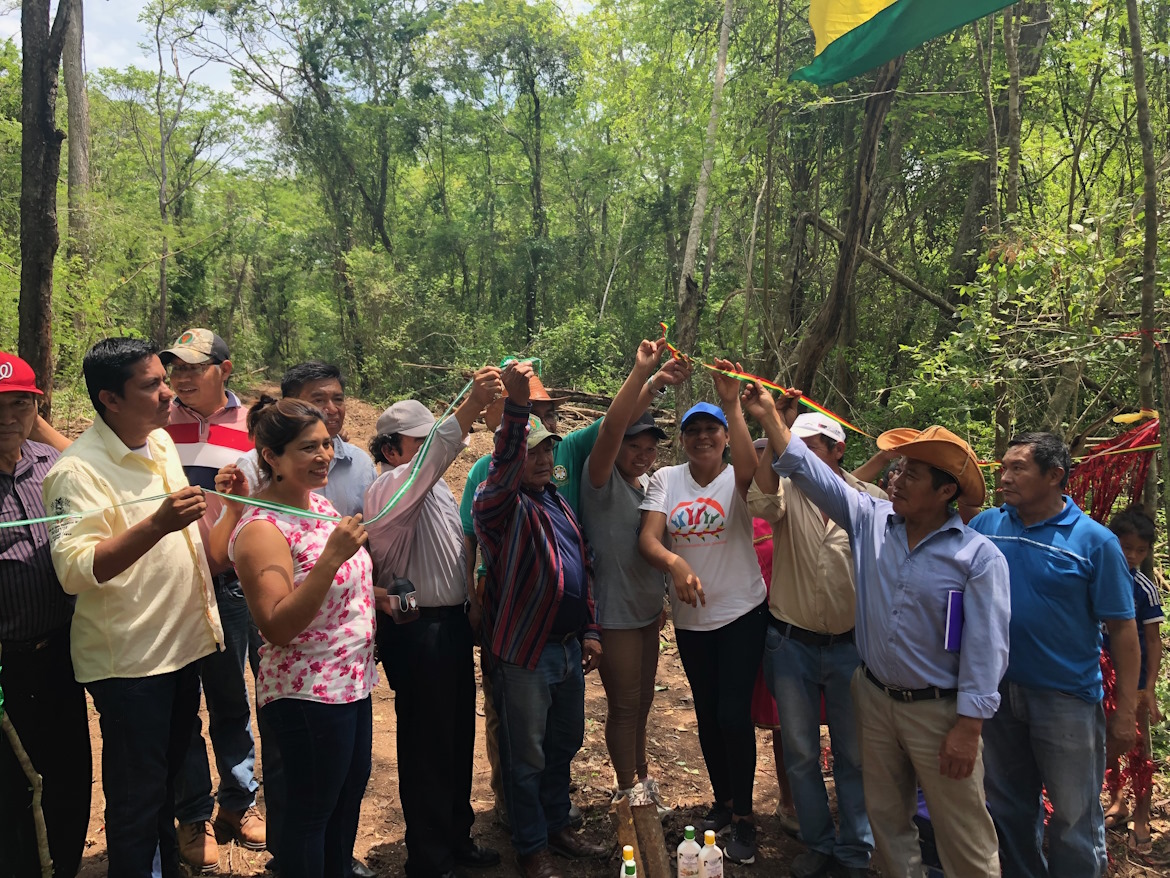
Drawing on insights from collaborative research with the Indigenous Territory of Lomerío (ITL) and the Instituto Boliviano de Investigación Forestal, we explore the roles that youth play in territorial governance, and their perceptions of current and novel engagement strategies. Read more about our work here.
The work of former lab member, Paula Sarigumba, supervised by Jim Robson and in collaboration with IBIF, looked at how youth from the Indigenous Territory of Lomerío, eastern Bolivia, can and want to engage in territorial governance, as well as their perceptions of current commons governance structures and novel engagement strategies. Work like this can advance discussions about how best to enhance youth-community-territory linkages in support of Indigenous land sovereignty and stewardship, and build better methodologies for engaging and empowering youth in these processes. Learn more about this work here.
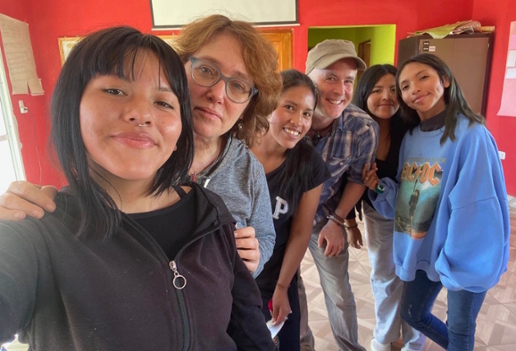
Knowledge of youth, their voice, perspectives, and participation in the commons remains emergent at best. Currently, Jim, alongside Dr. Gabriela Lichtenstein (Instituto Nacional de Antropologia y Pensamiento Latinoamericano are working with Indigenous youth from northern Argentina to explore if and how the commons is a factor in young people's reason to out-migrate (or return) to their home communities, why the commons need young people, and the kinds of commons young people want to be a part of. This work highlights the barriers and opportunities for greater youth engagement as commoners, and show why youth, as the next generation of land managers, are such an important demographic to consided.
Youth it or Lose it - Amazon Region
Future of Forest Work - Peru
Youth-led Environmental Stewardship
Future of Forest Work - Bolivia
Human Migration and the Environment
Another major focus for the biocultural landscapes lab has been, and continues to be, an exploration about human migration and mobility as drivers of demographic and cultural change in Indigenous and local communities.
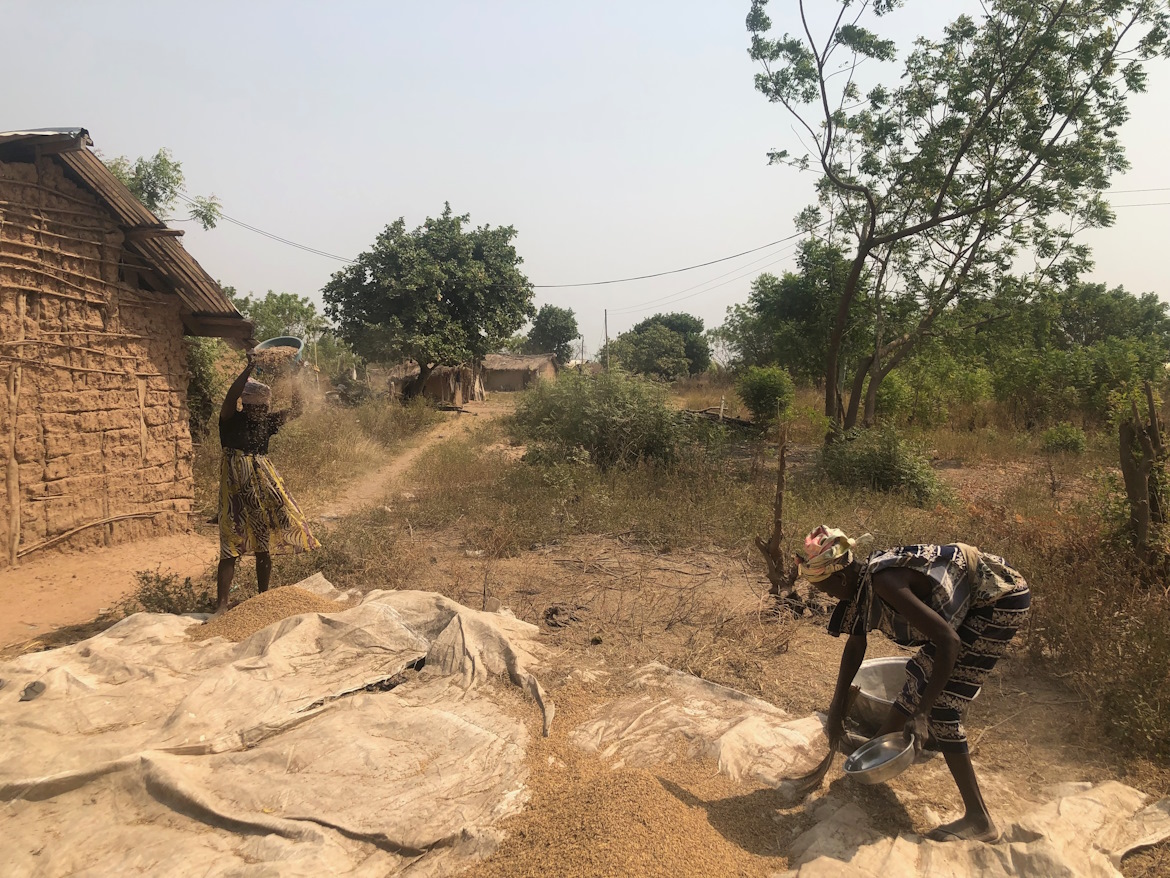
Rural migration and TEK adaptation in Ghana
Traditional ecological knowledge has received global recognition for the role it can play in environmental sustainability efforts. However, research on TEK has rarely considered how mobility and migration as a critical social phenomenon in rural areas impact and shape the relevance, maintenance, and use of TEK in contemporary contexts. Using ethnographic research Ph.D. Candidate, Mohammed Abubakari, explores the relationship between TEK and migration, specifically rural-rural migration in Ghana, a sub-Saharan African country where agriculture serves as an engine of local economy and livelihood.
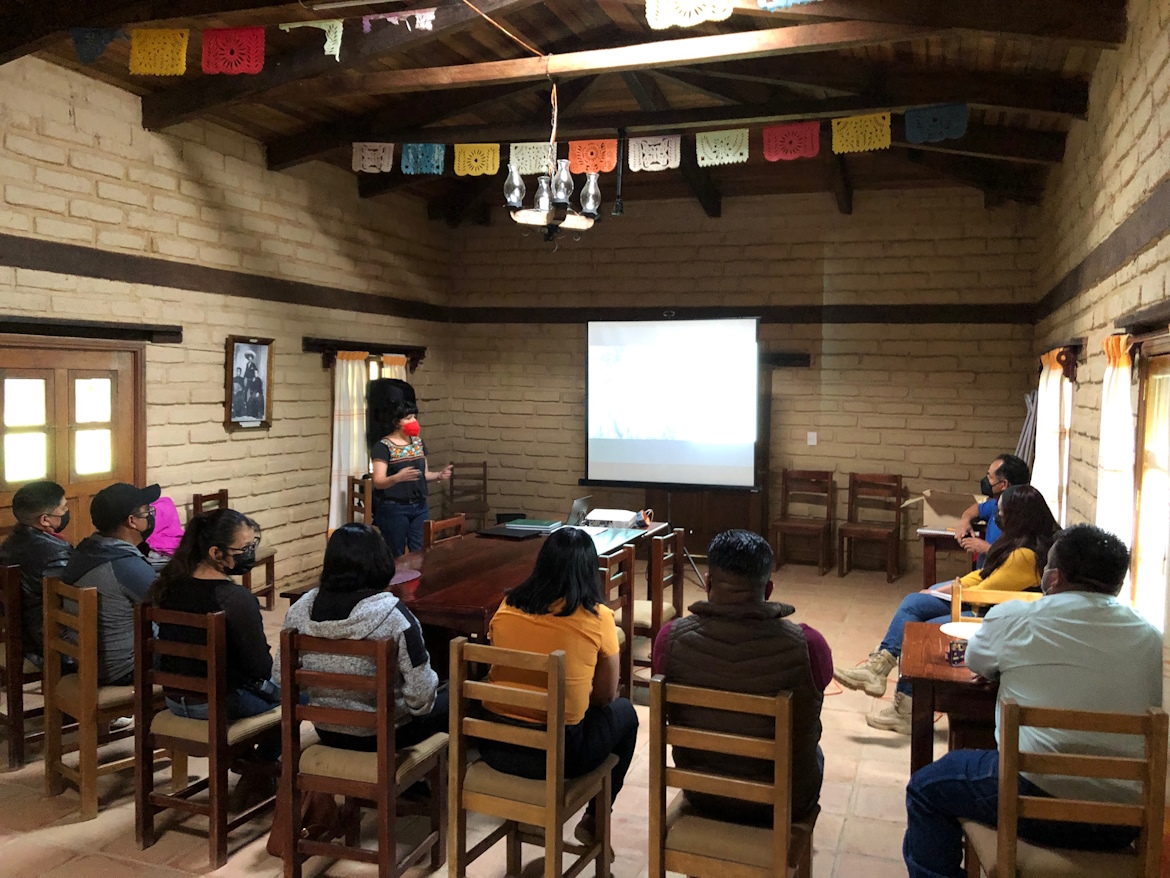
Processes of rural revitalization in Latin America
Building on empirical work in Oaxaca, Mexico, our lab works to identify how out-migration might impact rural communities. In 2019, Jim, Dan Klooster, and Jorge Hernández-Díaz, wrote the book Communities Surviving Migation.This book responds to a necessity for more detailed analyses and reporting on migration and environmental change, especially in contexts where rural communities, livelihoods, and biodiversity are interconnected. Planned work will explore questions of rural revitalization in a post-migration context.
Other ongoing work
Building the resilience of rural communities through biocultural heritage and participatory processes
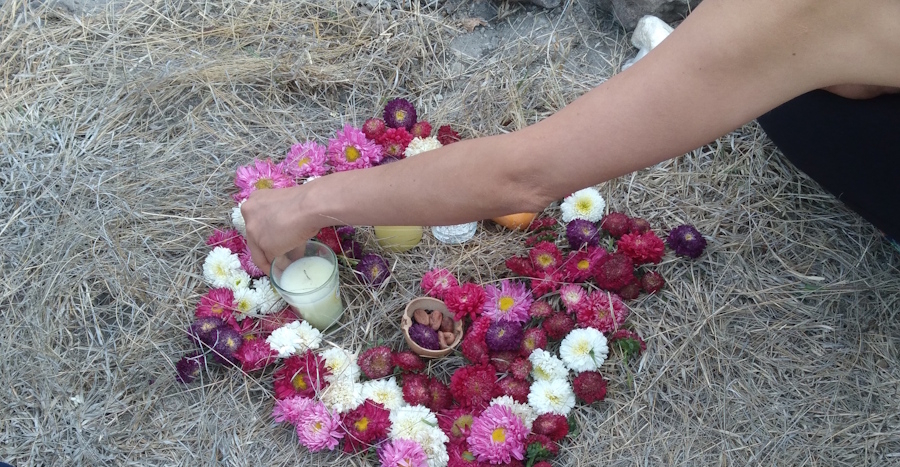
Dr. Carlos Augusto Torres' doctoral work focused on analyzing how social and ecological parameters of biodiversity and community-based conservation can contribute to biocultural heritage preservation in the Mitla-Yagul Biocultural Landscape, Oaxaca, Mexico. His work was developed by working closely with communities to co-produced knowledge and provide feedback to stakeholders. To know more about Carlos' work, visit here.
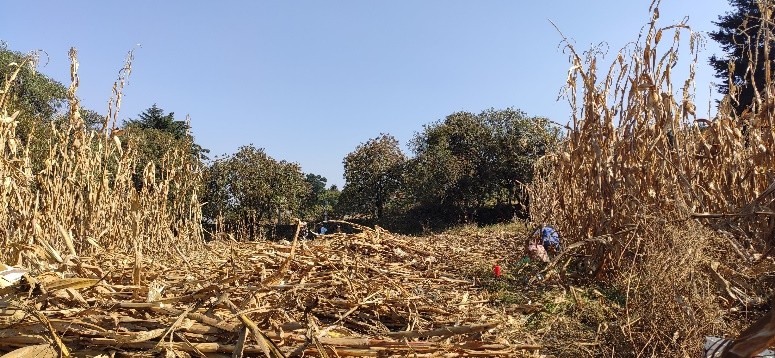
Susana Sandoval's doctoral work explores how Indigenous Peoples and Local Communities encounter challenges in the production and marketing of products and services based on their biocultural heritage, including access to different technologies that could enhance production and marketing capabilities. In her research, Susana aims to asses such challenges, analyze relevant technological innovations, and identify the components of a technological innovation model that could be used to build endogenous development.
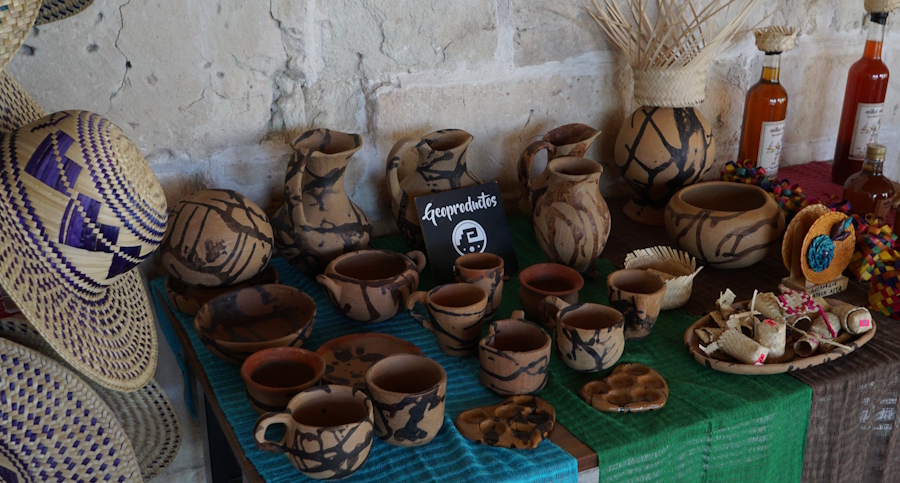
Mariana Campos works in the Mixteca Alta UNESCO Geopark in Oaxaca, Mexico. Even though the Geopark seeks to support heritage conservation, little is known about what types of heritage are conserved and whose perspectives these activities are based on. Mariana is currently using grounded theory to describe how the actors present in the Geopark understand heritage and what human and more-than-human elements are part of such understandings. The goal of this research is to generate more inclusive heritage conservation practices.
